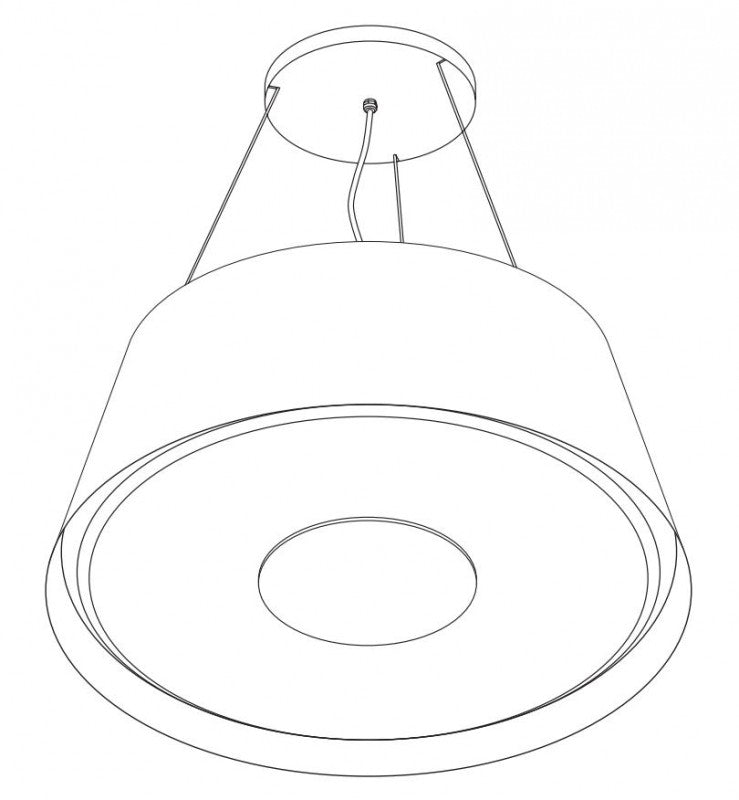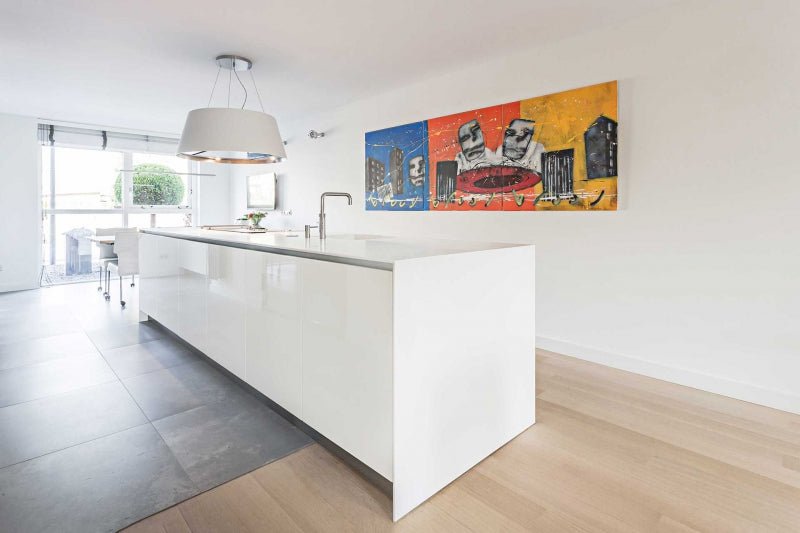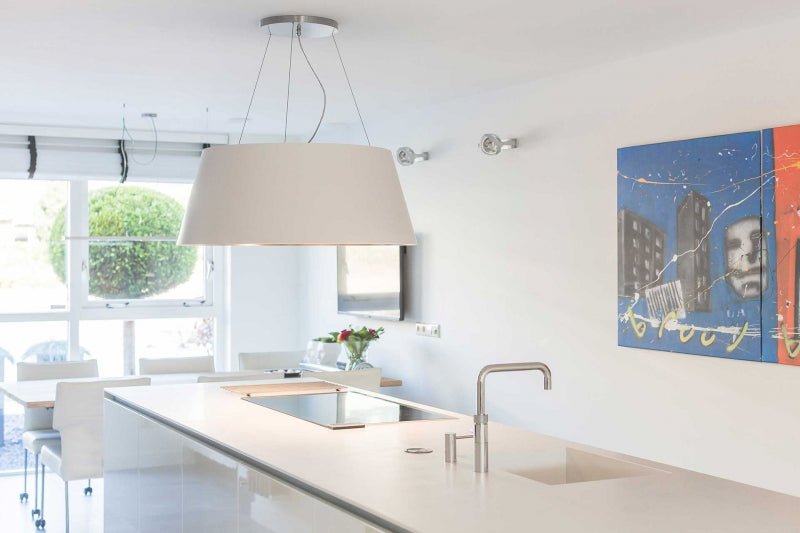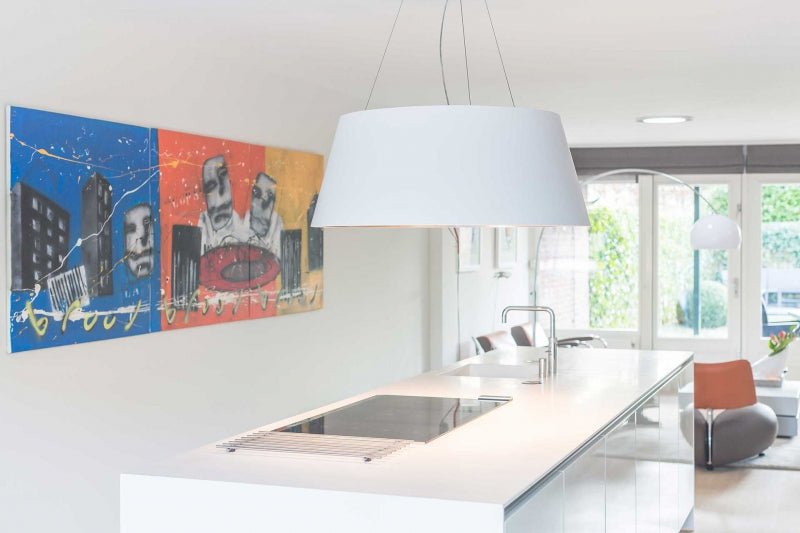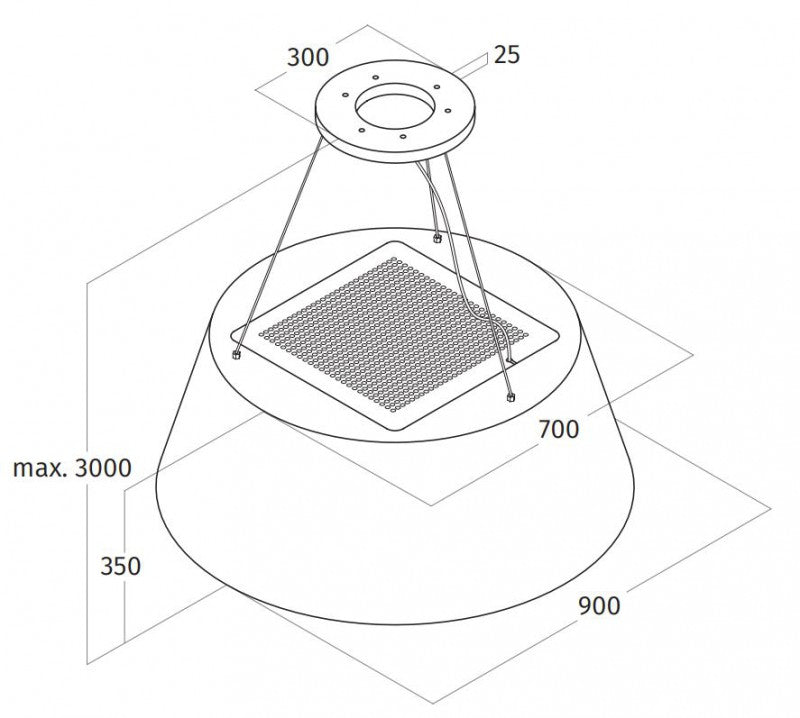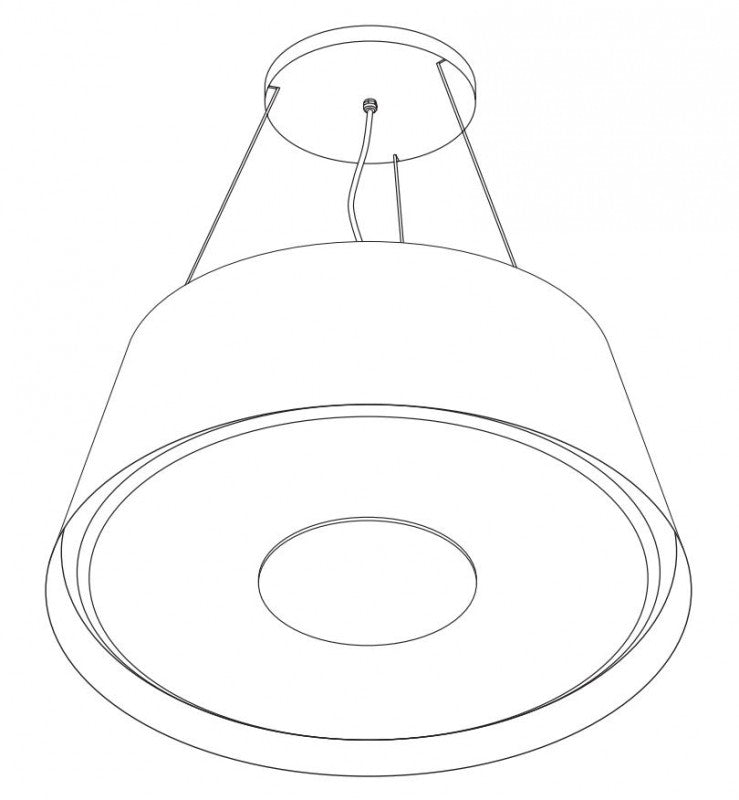Wave 2627.303 TAPS extractor lamp 90 cm - suitable for leather upholstery - RAL 9016 matt (white) - internal motor - LED
Heb je een vraag hierover?
Version Wave 2627.303 TAPS island model
internal motor 850 m3/h - 58 dBA - max. 250 W
recirculation based on carbon filter 99202.27 or plasma filter 99202.02
remote control 3 settings + intensive + timer
grease filter 1 x aluminium filter + edge extraction
lighting 1 x 36 W LEDDISC - 2000 - 3000 Kelvin
net weight approx. 46 kg
Additional information for the Wave 2627.303 TAPS extractor lamp
The extractor hood is equipped with an internal socket for a plasma filter
Supplied cable length is variable up to 300 cm
extended cable length max. 500 cm, see options
space between bottom of extractor hood and worktop min. 650 mm
the lamp is switched on as standard using the extractor hood remote control
-
MotorYes
Alphenberg leather in collaboration with Wave
Leather exudes strength, but at the same time has a chic and timeless look, which also looks modern. It fits effortlessly into any interior. Due to its special qualities and properties, leather is suitable for applications on furniture, doors, fireplaces and unexpected design elements, such as in the kitchen. At Alphenberg, everything revolves around the passion for leather, and we are happy to share that passion with you.
Wave works with different materials for our design elements on a daily basis, including leather. In collaboration with Alphenberg, we have developed a unique extraction unit with leather upholstery. A beautiful example of craftsmanship that offers the perfect balance between design and technology, applicable to various models. Alphenberg is the specialist in leather and high-end interior applications, and we are happy to make use of their expertise.













Do you have questions about Wave products? The WKP team is here to help.
You are most welcome in one of our showrooms to discuss with an advisor which extractor hood fits best in your kitchen interior. If you make an appointment in advance, you can be sure that there is plenty of time for you.
Kantoor WKP
Meidoornlaan 52d
4902 SC Oosterhout
T 0162 – 47 26 26
Showroom DTC
Nijverheidscentrum 2
2761 JP Zevenhuizen
* Visits by appointment only
Of course, questions can also be answered by phone. The team can be reached on workdays at 0162-472626. Or visit the Wave support page

